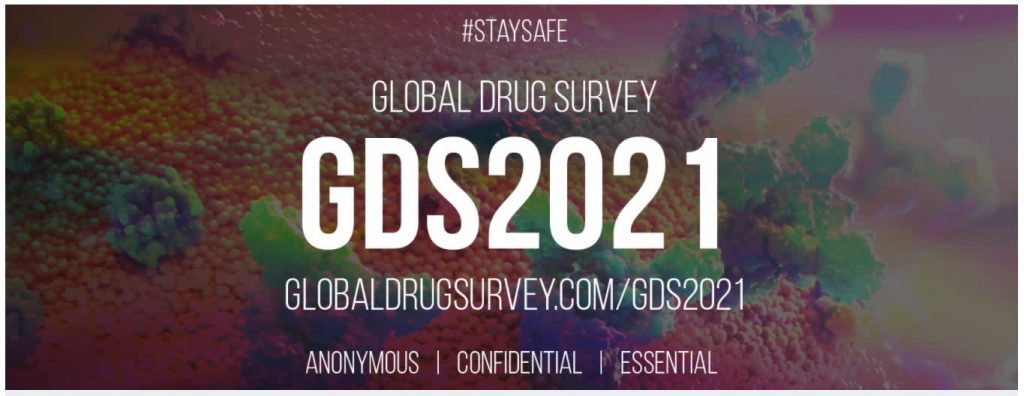New findings published this week show that Australians continue to top charts and set global records when it comes to drinking. The Global Drugs Survey have shared their annual report on our indulgences which finds that those from English speaking countries and Scandinavia got drunk more often than any others.
Australians who drink alcohol got drunk an average of 32 times over 12 months, with the global average being just 21. Interestingly, Australians were also the least likely in the world to regret getting drunk, regretting only 27% of the times we got drunk.
The global average saw about a third of drunken experiences as regretful, while the Colombians, at the other end of the scale, regretted 88 per cent of their drunken experiences.
The Global Drug Survey defines being drunk as “having drunk so much that your physical and mental faculties are impaired to the point where your balance / speech was affected, you were unable to focus clearly on things and that your conversation and behaviours were very obviously different to people who know you”.
Over 110,000 people responded to the latest survey from almost 25 countries. 10,000 Australians took part in the survey, making up 9% of the total.

Dr Monica Barratt of RMIT in Victoria heads the Australian side of the global operation. Speaking to The Latch, she explained that “the countries that got drunk the most often, were also the least likely to regret that they got drunk”.
“If you’re in a country that tended to get drunk less often, you were more remorseful when you did get drunk. I think that’s a cultural thing going on there that there. If being drunk is something that is quite functional, or at least feels culturally functional, like something that you need to do in order to meet people, or you need to do in order to socialising, maybe you’re less likely to regret it.”
In a press release, Barratt said that “the main regrets people reported following getting drunk were a bad hangover (75%), saying things they wouldn’t normally have said (42%), and increased anxiety the next day (31%).”
Speaking to The Latch, Dr Barratt said, “I think there’s something that we share in particular with the UK in relation to drinking to get drunk.
“There is something to do with the cultural expectations that people place on each other in their peer groups, that the British and the Australian, and the Scandinavian countries seem to be more likely to drink to get drunk.”
Countries with a reputation for casual drinking do not report highly in instances of drunkenness, unlike ourselves.
“The French way of drinking is, you know, drinking, maybe daily, but not as much each time. The idea is that they don’t drink to get drunk,” said Barratt.
“If normal behaviour for the British and Australians when you’re not partying is quite restrained, then you do need to get out of yourself more in order to really enjoy yourself,” she explained.
Countries like Spain, Portugal, Argentina, and Greece reported low instances of drunkenness. These are typically countries you might think of as being more expressive and emotive who don’t need to drink to have fun, something the data bares out.
When it comes to gender, women were more likely to regret getting drunk than men, with 39 per cent of them doing so compared to just 30 per cent for males. Women were also more likely to report regretting a sexual episode or being taken advantage of sexually following getting drunk compared to men.
Women under 25 were the group most likely to seek emergency medical treatment following drinking with one in 30 doing so on average. Young Australian women, however, were twice as likely as the global average to seek medical treatment after drinking.
“Australia is second to Russia,” Barratt explains, “as the highest proportion of people seeking medical treatment following drinking. So we are there in Australia at 4%. So that’s, you know, getting in an ambulance or going to hospital. Russia is also 4% but just slightly higher than us”.
While the new survey only covered the tail end of 2019, so, pre-COVID, Dr Barratt expects that we will see a shift in approaches to drinking when COVID data is assessed. The Global Drug Survey did a small data collection during lockdown and found that drinking patterns were mixed.
“We had kind of a halfway split between people who said they had increased their drinking during lockdown and people who said they actually decreased their drinking,” Barratt said.
“I think we need to explore that more in the data and try and work out what are the characteristics of those people, what demographics are those people in that increased versus decreased?
“And then will people who come out of lockdown drink more? Because, yeah, it’s exciting, we’re coming out, and we’re gonna go out and celebrate that. So that’s sort of thing we don’t know yet.”
The Global Drugs Survey is currently collecting data for its 2021 report. You can help do your bit for science by filling out the survey here.







